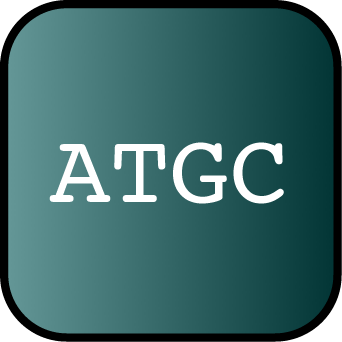Difference between revisions of "Plasmid backbones/Measurement"
| Line 15: | Line 15: | ||
===Terminators=== | ===Terminators=== | ||
| − | The property of terminators that should be measured to best support the reuse of these parts is the termination efficiency. The termination efficiency is defined as 1 - (PoPS_out / PoPS_in), where PoPS_out is the number of polymerases exiting the terminator and PoPS_in is the number of polymerases entering the terminator. The efficiency may very as a function of PoPS_in and this relationship would be useful for reuse of a terminator part, however it is not often measured. | + | The property of terminators that should be measured to best support the reuse of these parts is the termination efficiency. The termination efficiency is defined as 1 - (PoPS_out / PoPS_in), where PoPS_out is the number of polymerases exiting the terminator and PoPS_in is the number of polymerases entering the terminator. The efficiency may very as a function of PoPS_in and this relationship would be useful for reuse of a terminator part, however it is not often measured. A complete |
Latest revision as of 13:37, 20 February 2009
| Part assembly | System operation | Protein expression | Assembly of protein fusions | Part measurement | Screening of part libraries | Building BioBrick vectors | DNA synthesis | Other standards | Archive |
| Or get some help on plasmid backbones. |
Reliable measurement of components is an essential component of a mature engineering field. Measurement helps engineers to better understand the systems they build and also to make use of parts built and measured by others. Some plasmids are designed to facilitate the measurement of different part classes, such as Promoters, Inverters, or Terminators.
Promoters
The property of promoters that should be measured to best support the reuse of these parts is the promoter clearance rate or promoter activity. The promoter activity is defined as the number of RNA polymerase molecules that pass by (or clear) the final base pair of the promoter and continue along the DNA as an elongation complex. Promoter activity can be characterized by the number of polymerases exiting the terminal base pair of the promoter (in units of Polymerases per Second, or [http://www.nature.com/nature/comics/syntheticbiologycomic/ PoPS]). PoPS is difficult to measure directly and to date Registry users have characterized promoters in relative or ratio units.
- Part:BBa_J23101 - A collection of promoters characterized by Chris Anderson. The plasmid backbone from these parts can be used to measure the activity of other promoters based on expression of RFP.
- There is a kit of components available that is described here to measure promoter activity in a shared, standard unit: Relative Promoter Units (RPUs). The kit makes use of pSB3K3 as the plasmid and BBa_E0240 (GFP) to measure promoter activity.
Inverters
A number of properties would be useful for the characterization of Inverters (show picture of a transfer curve on right).
- Part:pSB1A10 - This dual reporter (GFP and RFP) plasmid can be used to measure the transfer curve of inverter devices.
Terminators
The property of terminators that should be measured to best support the reuse of these parts is the termination efficiency. The termination efficiency is defined as 1 - (PoPS_out / PoPS_in), where PoPS_out is the number of polymerases exiting the terminator and PoPS_in is the number of polymerases entering the terminator. The efficiency may very as a function of PoPS_in and this relationship would be useful for reuse of a terminator part, however it is not often measured. A complete











